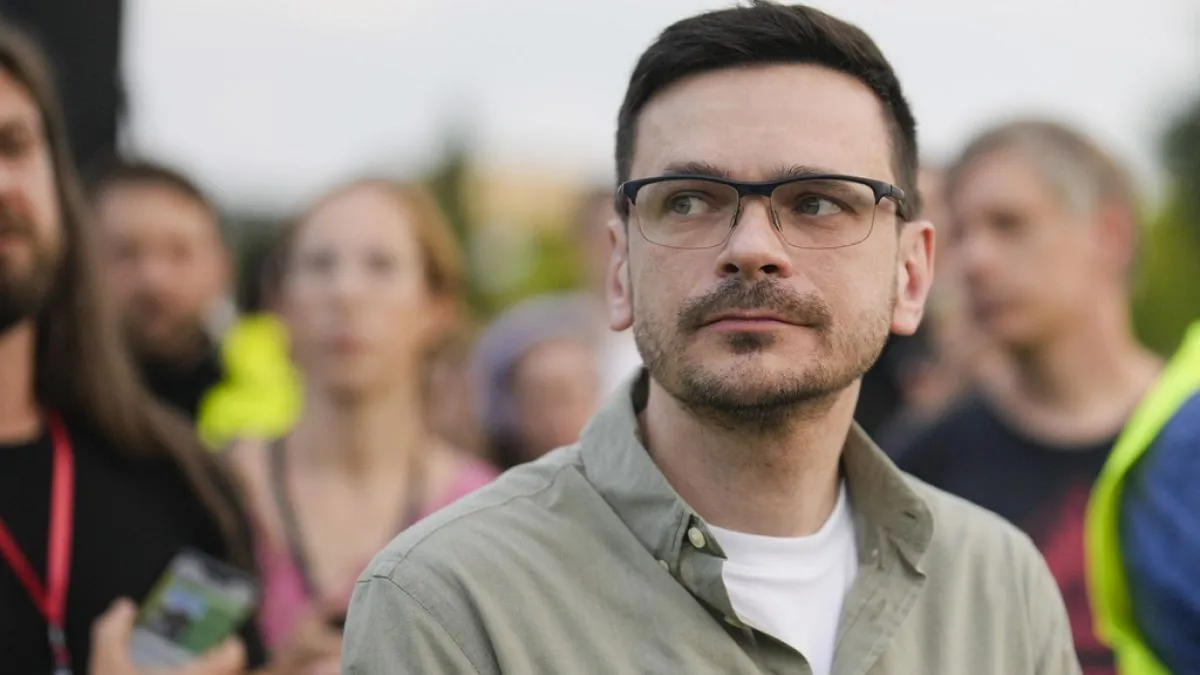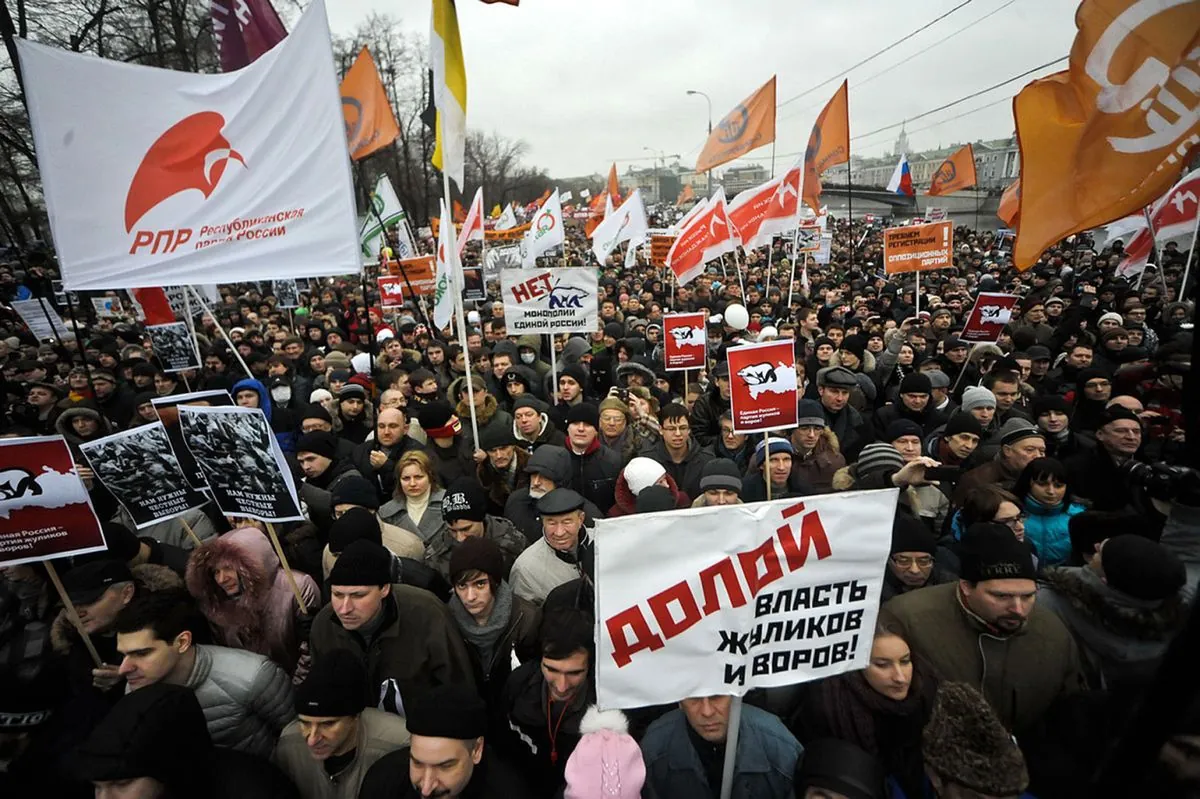Russian Dissident Ilya Yashin Grapples with Exile After Prison Release
Ilya Yashin, freed in a prisoner swap, faces challenges as an exiled opposition figure. Despite preferring to remain in Russia, he now focuses on supporting political prisoners and educating Russians about the war in Ukraine.

Ilya Yashin, a prominent Russian opposition figure, finds himself in an unexpected predicament following his release from a Russian penal colony as part of a high-profile prisoner swap. Despite his newfound freedom, Yashin expressed a surprising preference to remain in Russia, even if it meant staying behind bars.
The 41-year-old activist, who has been involved in politics since his teenage years, believes that opposing the regime from within Russia is more effective than doing so from abroad. "Antiwar resistance is more effective within Russia, especially for a politician," Yashin stated, emphasizing the importance of taking risks and suffering for one's words to maintain credibility.
Yashin's political journey began in 2000 when he joined the liberal democratic Yabloko party at the age of 17. He quickly rose through the ranks, leading the party's youth wing and gaining attention for his bold protest actions. However, his call for more radical opposition methods led to his expulsion from the party in 2008.
Throughout his career, Yashin worked closely with other prominent opposition figures, including Boris Nemtsov and Alexei Navalny. He gained significant recognition during the 2011-2012 Bolotnaya Square protests, which were the largest demonstrations in Russia since the fall of the Soviet Union.

In July 2022, Yashin was arrested for criticizing the war in Ukraine and sentenced to 8½ years in prison under a law prohibiting the spread of "false information" about Russian forces. He served two years before being included in a prisoner swap involving multiple countries.
Now in exile, Yashin faces the challenge of maintaining his political relevance and effectiveness. He acknowledges the difficulties of building a "free, liberal, democratic Russia" from abroad, stating, "You cannot build the Russia of the future from abroad. Only the Russian people can build a democratic society."
Despite these challenges, Yashin has wasted no time in resuming his political activities. In the first two weeks after his release, he conducted numerous meetings, interviews, and even addressed a rally of Russian supporters in Berlin.
Yashin's experiences in prison have provided him with unique insights into Russian society. He interacted with individuals from various backgrounds, including petty criminals, disgraced lawmakers, and war veterans. These experiences have shaped his perspective on the challenges facing post-Putin Russia.
"The basic work that will need to be done in Russia is a lot of therapy, reducing the level of aggression, establishing communication between people. This is going to be a tough job, and the person who will be leading the country will face a difficult path, and I sympathize with whoever it's going to be."
Looking ahead, Yashin has outlined three main tasks: helping political prisoners in Russia, educating Russians about the war in Ukraine, and engaging with the Russian diaspora abroad. He recently hinted at a potential collaboration with Yulia Navalnaya, the widow of Alexei Navalny, suggesting ongoing efforts to unite and strengthen the opposition movement.
As Yashin navigates his new role as an exiled opposition figure, he remains committed to his cause while grappling with the complexities of influencing change from afar. His journey reflects the broader challenges faced by Russian dissidents throughout history, as they strive to shape their country's future from beyond its borders.


































